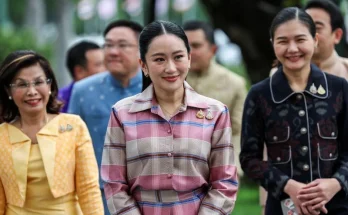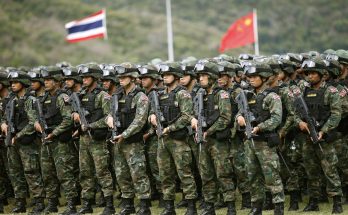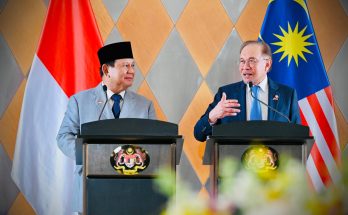BANGKOK SEATIZENS –The Thai government has approved a new policy granting citizenship to over 483,000 migrants and ethnic communities, including the Karen, Hmong, and other groups who have lived in Thailand long-term or were born in the country. Prime Minister Paetongtarn Shinawatra stated that this decision aims to address longstanding citizenship issues while also stimulating the economy by easing employment barriers.
Criticism of the Policy
According Bangkokpost , However, criticism has emerged regarding the policy. According to Bangkok Post, critics—including former senator Direkrit Janekrongtham—argue that it favors these migrant communities at the expense of Thai citizens. He raised concerns about these groups receiving the same rights as Thais, such as voting and land ownership, and questioned the government’s motives behind this initiative.
Government Response
In response, Interior Ministry spokeswoman Traisulee Taisaranakul defended the policy, describing it as a means to streamline citizenship applications while adhering to existing laws. She assured the public that any individuals from these communities deemed a threat to national security could have their citizenship revoked, thereby addressing safety concerns.
Economic and Social Rationale
Moreover, Deputy Prime Minister Phumtham Wechayachai emphasized the policy’s legal grounding and its intent to facilitate the application process for these specific ethnic groups. This initiative is part of a broader effort to support over 800,000 individuals, many of whom have lived in Thailand for decades but have faced bureaucratic hurdles in obtaining legal status.
Future Implications
Looking ahead, the new framework simplifies the citizenship process for these communities by allowing for self-certification of qualifications, which could significantly reduce processing times from 44 years to a more manageable period. The government views this as a crucial step toward effectively integrating long-term residents from diverse ethnic backgrounds into Thai society.
(BEAM CHAYAPON)




